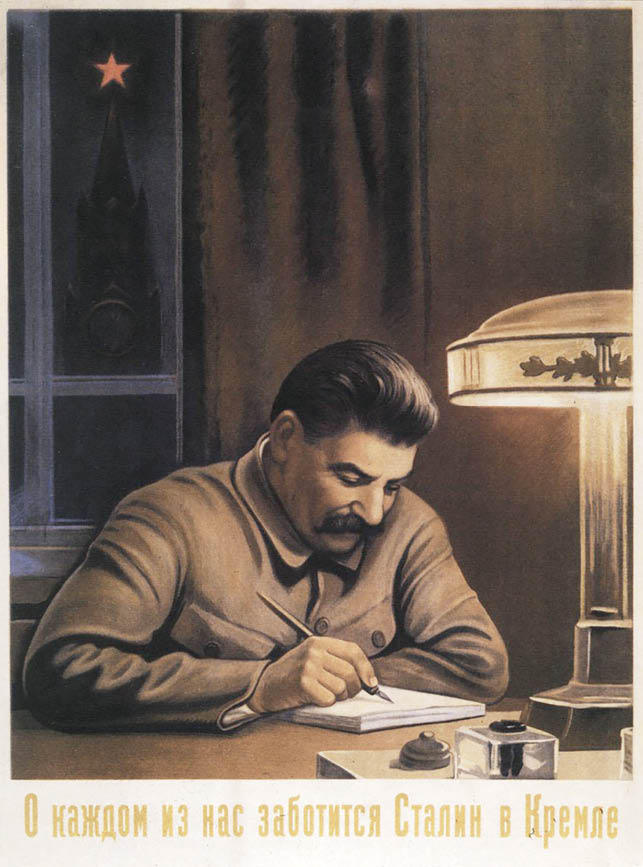15th Earl of Derby, Edward Henry Stanley
 |
| Edward Henry Stantley by Maull and Polybank August 1858 NPG Ax7308 © National Portrait Gallery, London |
When researching Derby, you get the feeling that those around him thought that he was a bit of an odd character. Upon further inspection it appears that Derby acted in his own unique way during his decision, emphasising pragmatism over the prestige of the British Empire.
So who is Derby?
He was born to Edward Smith Stanley 14th Earl of Derby (of course), who served as a Conservative Prime Minister between 1866-1868 so it's safe to say that Derby was born into politics and foreign affairs.
He served as Secretary of State for the Colonies in 1858 when he also passed the India Bill which saw the liquidation of the East India Trading Company. This saw the rule of India shift to the Secretary of State for India, the first of which was of course Derby himself.
Derby also served two terms as Foreign Secretary between 1866-1868 and 1874-78. During this time he was known for his isolationist policies and indecisive nature which has led to some historians disliking him resulting in a lack of scholarly work on Derby's career.
The Eastern Crisis 1875-1878
I would like to focus on one particular aspect of Derby's career and that is his handling of the Eastern Crisis 1875-1878. If you look at his decision making during this period, you might just see why Derby found it so hard to actually go ahead and make decisions and why he chose such isolationist policies.
We should probably take a quick look at what the Eastern Crisis was before we head any further. The crisis erupted as a result of rebellions against Ottoman rule throughout the Ottoman Empire. To many European nations including Russia, Austria and Germany (also know as the Dreikaiserbund) it seemed like the Ottoman Empire was about to collapse and they were getting ready to carve up the deteriorating empire. The Dreikaiserbund and Britain had a dilemma on their hands - should they help the struggling Ottoman Empire or should they take advantage of the collapse to help expand their own empires. Remember, the latter option would bring Britain and the nations of the Dreikaiserbund into direct conflict with each other as they fight over territory.
 |
| Edward Henry Stanley, 15th Earl of Derby, 1851 - 1869. Statesman (as Lord Stanley) © Scottish National Portrait Gallery |
Avoiding Conflict
So going back to Derby; he wanted to avoid conflict at all costs, particularly with Russia. As a result he favoured a cautious policy of non-intervention. German Chancellor, Otto Von Bismarck wanted Britain and Germany to team up against Russian and Austrian expansionism into the Ottoman Empire. Derby being a cautious Foreign Secretary refused to jump into an alliance yet. He was suspicious of German motives so wanted to gain a, "clearer view" before doing anything too hastily.
Eventually the Crisis got worse and Serbia ended up at war with the Ottoman Empire and a Russo-Turkish war was looming. Derby was pretty adamant that Britain was not to intervene on either side of conflict. On the one hand if Britain was to help the Ottoman Empire and prevent its collapse, it would put Britain in direct conflict with Russia which, we have already established he wanted to avoid at all costs. On the other hand, Britain needed to protect her interests in Egypt and prevent a Russian occupation of Constantinople to protect the Empire but this would risk creating conflict with the Ottoman Porte.
Unlike other officials at the time, Derby suggested naval action as it would cost less than occupying Turkish territory and would not risk a war with any nation. He felt that money at this time would be better spent on social welfare instead.
| Benjamin Disraeli, Earl of Beaconsfield by Cornelius Jabez Hughes 22 July 1878 NPG x666 © National Portrait Gallery, London |
British Prime Minister, Benjamin Disraeli was a strong proponent for intervention. In 1875 Britain obtained a large stake in the Suez Canal Company, making areas such Constantinople vital to the protection of these interests. There was a great deal of Russophobia present during the Victorian era amongst British officials, the general public and even Queen Victoria herself. The Eastern Crisis was therefore seen by many as a fight between Russia and Britain for dominance. However, Derby saw the reality of the situation. He recognised that Russia didn't have the strength militarily or financially to attack British territory and therefore a mission to the Dardanelles to protect British imperial interests really wasn't needed.
 |
| Queen Victoria by Charles Bergamasco 1877 NPG x20126 |
Rumour Has It...
Derby's colleagues were very unimpressed by his non-interventionist policies. They claimed he was indecisive and in capable of making any important decisions. Robert Morier, a British Official in Portugal even said that Derby didn't have any real interest in foreign policy and that he did not obtain his role by merit but by family ties instead - not that this was unusual in Victorian politics.
Disraeli involved Queen Victoria who tried to encourage Derby to changed his policies. Many of Derby's colleagues clearly criticised him for his pragmatic and cautious policies and even spread vicious rumours about him as result. One rumour that circulated the Carlton Club was that he was an alcoholic which led Disraeli to tell the Queen that he was "ungenial" and "morose".
Did Derby actually have such a poor character or are these judgements based simply on his colleagues' dislike of his politics?
The Voice of the Nation?
Derby was criticised for ignoring public opinion. This was a dangerous move since the vote had been extended in 1867 and foreign policy was used as a method of gaining votes. The public, like many British officials favoured helping Germany. Derby took a huge risk and ignored public opinion in the attempt to gain a positive end result for everyone - avoid war and spend more money on social welfare for the population. Derby was first and foremost a pragmatist during the Eastern Crisis, casting aside the opinions of his colleagues and even the country in order to do what he believed would be the best for the nation in the long run.
My 5 Points to Summarise Derby
- He really didn't want conflict, particularly with Russia.
- He was cautious - he didn't want to throw Britain into an uncertain situation and he was suspicious of other nations' motives.
- He could see past imperial aims and gains and did what he thought would be best for the country in the long run.
- He tried to be practical - he ignored the over exaggerated fears of Russia and ignored the public opinion to maintain the Empire and avoid conflict.
- He was quite different to his colleagues who simply wanted to expand and protect the Empire at all costs.
So what do you think of Lord Derby?
Further Reading
K. Bourne, The Foreign Policy of Victorian England
J. Charmley, Splendid Isolation? Britain and the Balance of Power 1874 - 1914
R.W. Seton-Watson, Disraeli, Gladstone and the Eastern Question: A Study in Diplomacy and Party Politics
C.J. Bartlett, "Casterleigh 1812 - 22" in The Makers of British Foreign Policy: From Pitt to Thatcher
Grosvenor, Hicks & Otte in Conservatism and British Foreign Policy 1820-1920: The Derbys and their World
P.J.V. Rolo, "Derby" in British Foreign Secretaries and Foreign Policy from the Crimean War to the First World War
L.L. Farrar "Realpolitik versus Nationalpolitik: Rethinking Nationalism During the Eastern Crisis 1875-78" East European Quarterly 30 No. 1
G. Hicks "Whos Foreign Policy? Britain's Inner Cabinet and the Eastern Crisis January - March 1878" Diplomacy & Statescraft 27 No 3
D. Steele, "Stanley, Edward Henry, Fifteenth Earl of Derby (1826 - 1893)" Oxford Dictionary of National Biography



